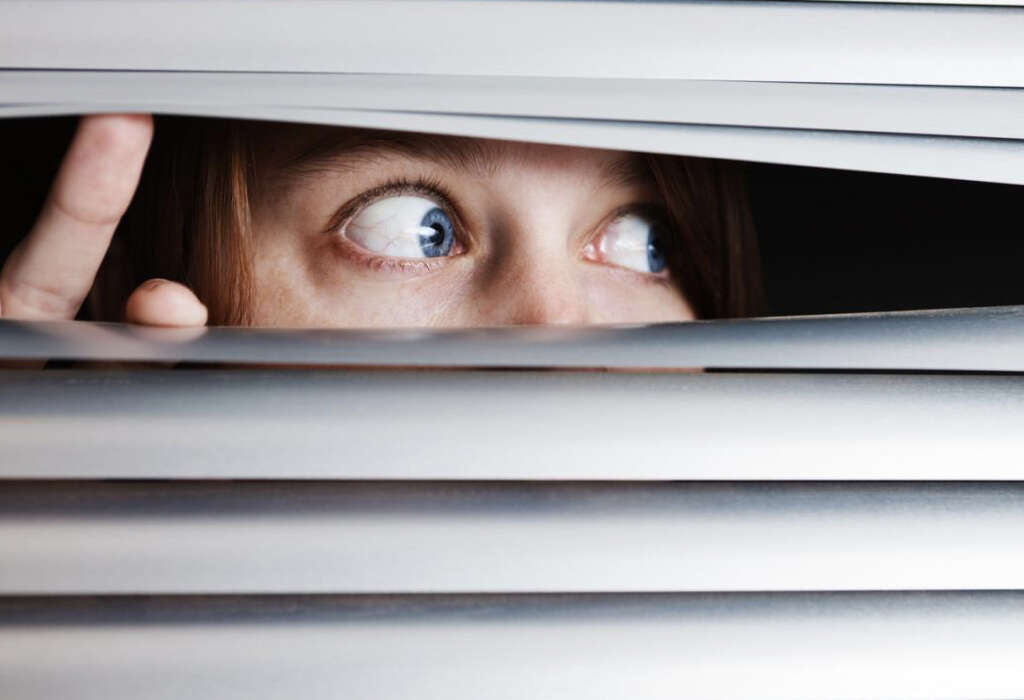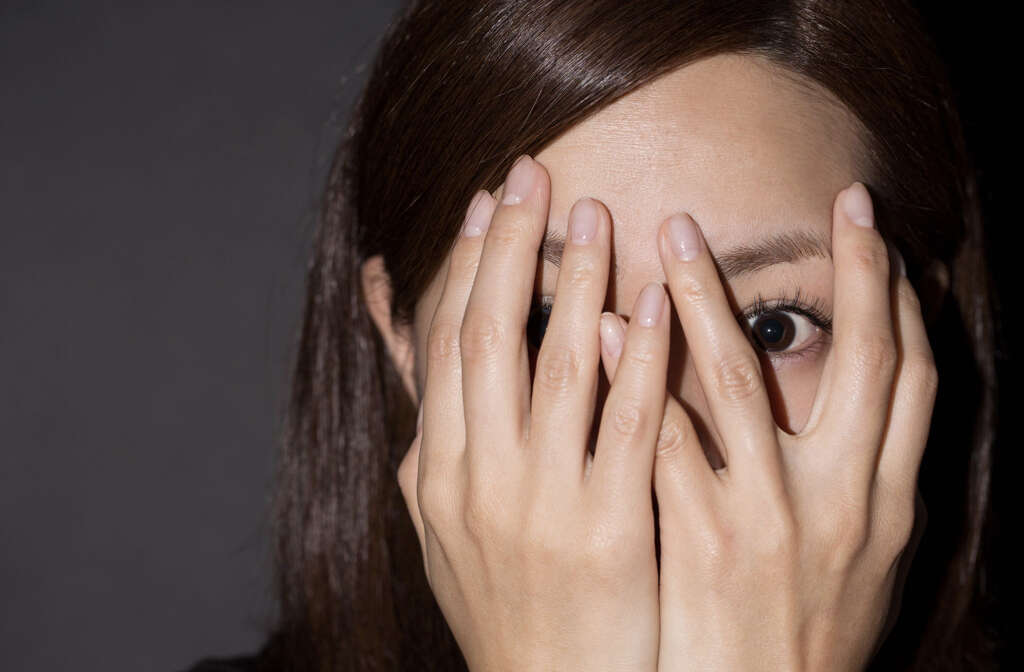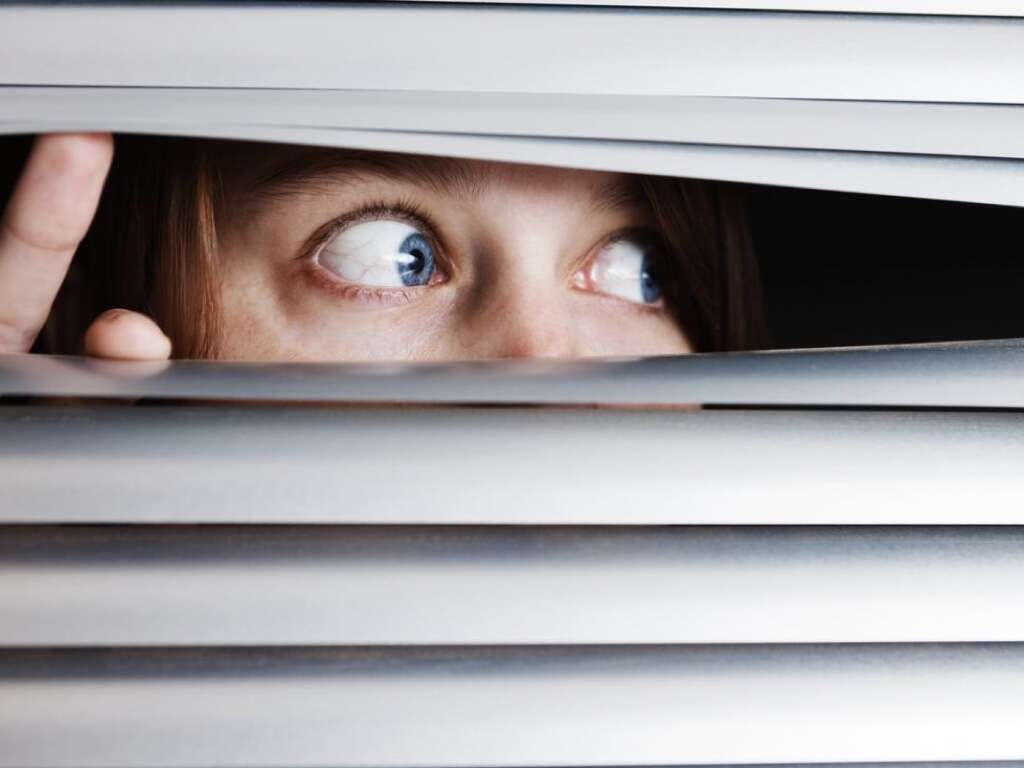What Is Agoraphobia?
Many of us just love to be out in the company of other people, but not everybody is so fortunate. It can be very difficult for some, and many people will prefer to stay at home well away from others. For some, the thought of being in public places can be simply terrifying.
Agoraphobia is a condition where people are afraid of being in certain situations. Patients with the condition can be terrified of feeling trapped or helpless, and even the thought of being in such a situation can be extremely uncomfortable for them. Many will choose to try and avoid being in such situations as much as they can. This can have a significant impact on their life overall.

1. Genetics
Mental health issues are something that we are barely breaking the surface of in terms of our understanding of them. We need to learn more about what causes them and, in doing so, we would hopefully learn how to treat or even prevent them. Regardless of our relative ignorance on the topic, there are some things we do know.
One thing that can contribute to mental health conditions like agoraphobia is genetics. Genetics have a profound impact on our personality and mental attributes. In addition, genetics determines a lot about us physically, including our physical health. These factors will also sometimes contribute to agoraphobia.

2. Experiences
Some mental health conditions are also sometimes created by experiences the patient might have had. It might have been a difficult childhood, whereas it might also be a traumatic experienced as an adult. Depending on the nature of these experiences, they may contribute to the development of conditions like agoraphobia.
If you have had traumatic experiences then it is wise to seek counselling. Many service people such as paramedics, fire personnel, and military personnel will be provided with counselling to help them process things they have seen and heard. Speaking to the right person can go a very long way to helping people cope with events from the past.

3. Panic Disorder
Panic disorder is a condition that causes what is known as panic attacks. It causes the patient to experience extreme fear and anxiety even in situations when there is no immediate threat. It can happen without warning and it can be severe enough to have a considerable impact on the quality of the patient’s life.
Panic attacks can be extremely harrowing experiences for the patient, making them desperate to avoid them again. This can make the patient quite anxious when it comes to facing certain situations that might possibly trigger another attack. This means that people that have had panic attacks in the past can also sometimes experience agoraphobia.

4. Fears
Agoraphobia typically manifests as a fear of being in particular situations. Different scenarios can leave them feeling extremely anxious. This can even mean day to day scenarios such as leaving the home alone to shop at a nearby store. Many people with the condition have difficulty leaving the home at all.
A lot of people with the condition will also have difficulties when in enclosed spaces. This can include small stores, elevators, and public spaces. Likewise, open spaces such as parks and large malls can trigger an attack. Problems tend to arise when the patient feels as though their symptoms can be a problem for them and that there is no way for them to escape.

5. Avoidance or Endurance
People with agoraphobia will tend to either avoid certain situations, or endure them when they are given little choice. Some might insist that they have a friend or family member with them and decide against going through with situations if they don’t have that support.
Some people will choose to endure the situation in the knowledge that it can make them feel very uncomfortable. Regardless of which choices are made, patients will experience anxiety that is not justified by the circumstances they find themselves in. These factors can make it very difficult in regards to the patient’s social life and professional life.

6. Shaking
Somebody experiencing an agoraphobia attack might begin to feel ‘shaky’, and patients can also experience feeling numb or having tingling sensations run throughout their body. Such an attack can also cause the patient to begin sweating profusely, and they can also experience chills and/or flushing.
The patient can also experience dizziness and/or lightheadedness. It is not uncommon for other people to experience stomach problems when they are nervous. This can be considerably worse for people with agoraphobia who can experience stomach upsets and diarrhea. As unpleasant as these symptoms can be, other symptoms can be a lot worse.

7. Trouble Breathing
Depending on the severity of the attack, the patient will sometimes experience considerable difficulty breathing, which can be a scary symptom in itself. They might feel as though they are choking and some patients will feel pressure or pain in their chest. Their hearts are also likely to start beating faster than they usually would.
Perhaps the worst of all the symptoms is that the patient can feel as though they have no control over their situation. This can be terrifying for them and, in some cases, they can develop a very real fear of dying. This can happen regardless of whether or not there are genuine threats nearby.

8. Risk Factors
Nobody is completely safe from developing agoraphobia. It can affect people of all ages and from all walks of life. However, there are some demographics that are more likely to develop it than others. One of these includes people that have a close relative with the condition. People that have a generally nervous disposition are also more likely to develop the condition.
As mentioned, people that have experienced panic attacks in the past are most prone. This is especially those who are particularly afraid of having such attacks again. People that have been through traumatic experiences in their past are also more likely to develop agoraphobia.

9. Complications
Agoraphobia itself can be very unpleasant. What can make it worse is that it can go on to cause further complications that will make life even harder for the patient. This includes other mental health conditions such as personality disorders and other anxiety orders.
Patients might also self-medicate with drugs and alcohol, and this can turn into a dependency. This will only make this worse for them as it can develop into a viscous cycle. Agoraphobia can also lead to depression, a condition that is also going to be made worse if the patient has a dependency on drugs or alcohol.

10. Treatment
Treating agoraphobia will generally consist of a combination of medication and psychotherapy. The patient will often be prescribed a combination of anti-depressants and anti-anxiety medications. The effectiveness of these can be limited without counselling, however.
With the right counselling, the patient can be taught the skills they need to be able to cope with their condition. They can be taught to directly challenge their fears and to return to the activities that they once used to enjoy, if any. They can also learn to recognize what triggers they have, how to avoid them, and how to deal with those triggers of they are exposed to them.












